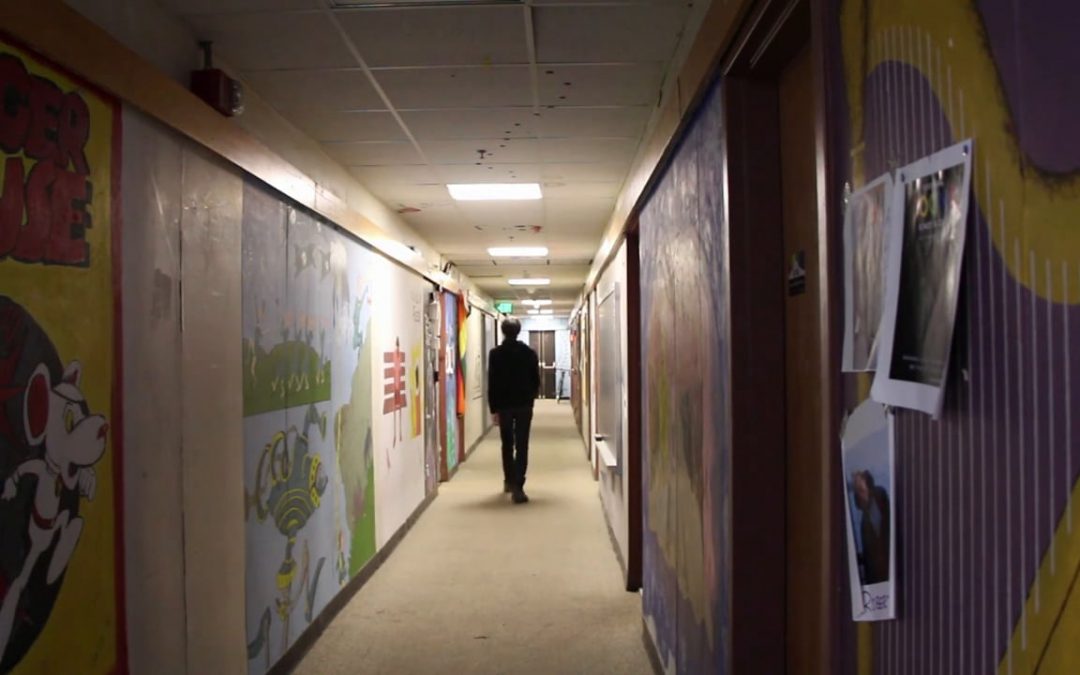When high school graduates leave for the first time to go to college, the focus is typically on what classes they’ll be taking, scholarships, school loans, and their new dorm rooms, but some of the focus should be on preparation for how their mental health could be affected by the sudden change to their surroundings. Over recent years, more students are reporting negative thoughts and 1 in 3 students surveyed reported prolonged periods of depression.
Young adulthood is typically the time when mental illness symptoms begin with an average of 75% of mental illness diagnoses by age 24. New found freedoms and less restrictions can lead to young adults experimenting with drugs and alcohol, which can exacerbate the effects of mental illness and can lead to addiction and loss of control.
The pressures associated with college can be overbearing for even the most prepared of students. In this day and age, academic pressures can be overwhelming, as well as uncertainness of the future as far as internship and job prospects.
Before your student leaves for college, it’s a good idea to start a dialogue with your child about mental illness, the signs and symptoms, and resources available. It’s important for all college bound high schoolers and current college students to know the possible problems that may arise and how to deal with them properly and healthfully. Unfortunately, mental disorders and depression can be a taboo subject however, the time for normalizing mental illness is before any problems arise. That way, if they are subjected to feelings of depression or have symptoms of mental illness, they will be able to deal with them without feelings of guilt or shame.
Academic attributes and opportunities should be taken into consideration when deciding on a college, but resources for mental health and the ease of seeking out services should also be looked into as well. Checking to see if they have any services for crisis mental health services and the proximity to services and the dorm that your child will be staying in.
Finally, it’s essential that the student leaving have a great support system at home to fall back on. Knowing that a caring person is at home whenever they need to talk is going to be a lifeline and ever present tool they can utilize if their stress and anxiety get the better of them.

